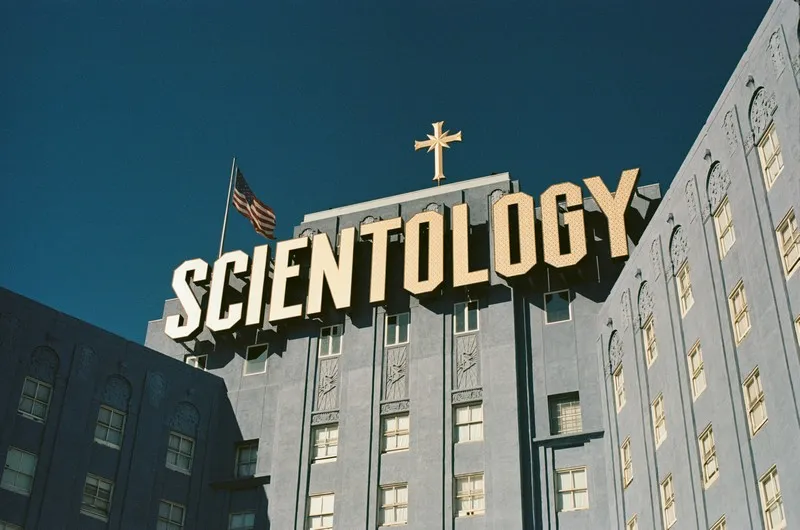In the field of sociology, Scientology is a religious movement that has gained attention and controversy over the years. It was founded in the early 1950s by science fiction writer L. Ron Hubbard. In this blog post, we will outline and explain the key aspects of Scientology, its beliefs, practices, and its impact on society.
Origins and Beliefs
Scientology is rooted in the teachings of L. Ron Hubbard, who developed a self-help system called Dianetics. According to Hubbard, the human mind is made up of two parts: the analytical mind and the reactive mind. The reactive mind is responsible for negative emotions and irrational behavior. Scientology aims to rid individuals of their reactive minds through a process called auditing.
Auditing involves the use of an electronic device called an E-meter, which measures changes in electrical resistance in the body. During auditing sessions, individuals are asked a series of questions while holding the E-meter, with the goal of identifying and resolving past traumas or negative experiences. Through this process, Scientologists believe they can achieve a state of spiritual enlightenment and personal improvement.
Organization and Practices
Scientology operates as a hierarchical organization with a centralized authority. At the top of the hierarchy is the Church of Scientology, which oversees various branches and affiliated organizations worldwide. The Church has been the subject of controversy and legal disputes, with critics accusing it of being a cult and engaging in unethical practices.
Scientology places a strong emphasis on recruitment and fundraising. It encourages members to recruit new followers and offers various courses and programs for personal development. These courses can be expensive, and financial contributions are seen as a way to advance within the organization.
One of the most recognizable symbols of Scientology is the Sea Org, a paramilitary-like organization within the Church. Members of the Sea Org commit to serving Scientology for multiple lifetimes and are known for their distinctive uniforms and strict discipline.
Controversy and Criticism
Scientology has faced significant controversy and criticism since its inception. Critics argue that it is a cult that uses manipulative tactics to control its members. There have been allegations of psychological and physical abuse within the organization, as well as claims of financial exploitation.
The Church of Scientology has also been involved in numerous legal battles. It has faced lawsuits from former members, government agencies, and other organizations. These legal disputes have centered around issues such as tax exemption, copyright infringement, and allegations of harassment.
Impact on Society
Scientology has had a notable impact on society, both positive and negative. On one hand, it has attracted a significant following and has been instrumental in helping individuals overcome personal challenges. Many Scientologists credit the religion with improving their lives and providing a sense of purpose.
On the other hand, Scientology’s secretive nature and controversial practices have led to widespread skepticism and criticism. The organization’s aggressive legal tactics and alleged harassment of critics have further fueled public distrust.
Scientology’s influence extends beyond its members. It has been the subject of documentaries, books, and media scrutiny, which have contributed to public awareness and debate about the organization. The Church’s tax-exempt status has also been a topic of contention, with critics questioning its legitimacy as a religion.
Conclusion
Scientology is a complex and controversial religious movement that has sparked intense debate and scrutiny. While it has attracted followers and has been credited with helping individuals achieve personal growth, it has also faced widespread criticism and legal challenges. Understanding the beliefs, practices, and impact of Scientology is essential for sociologists and anyone interested in the study of religion and society.





